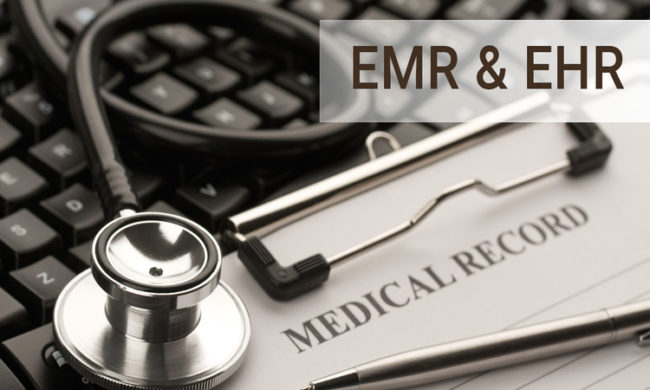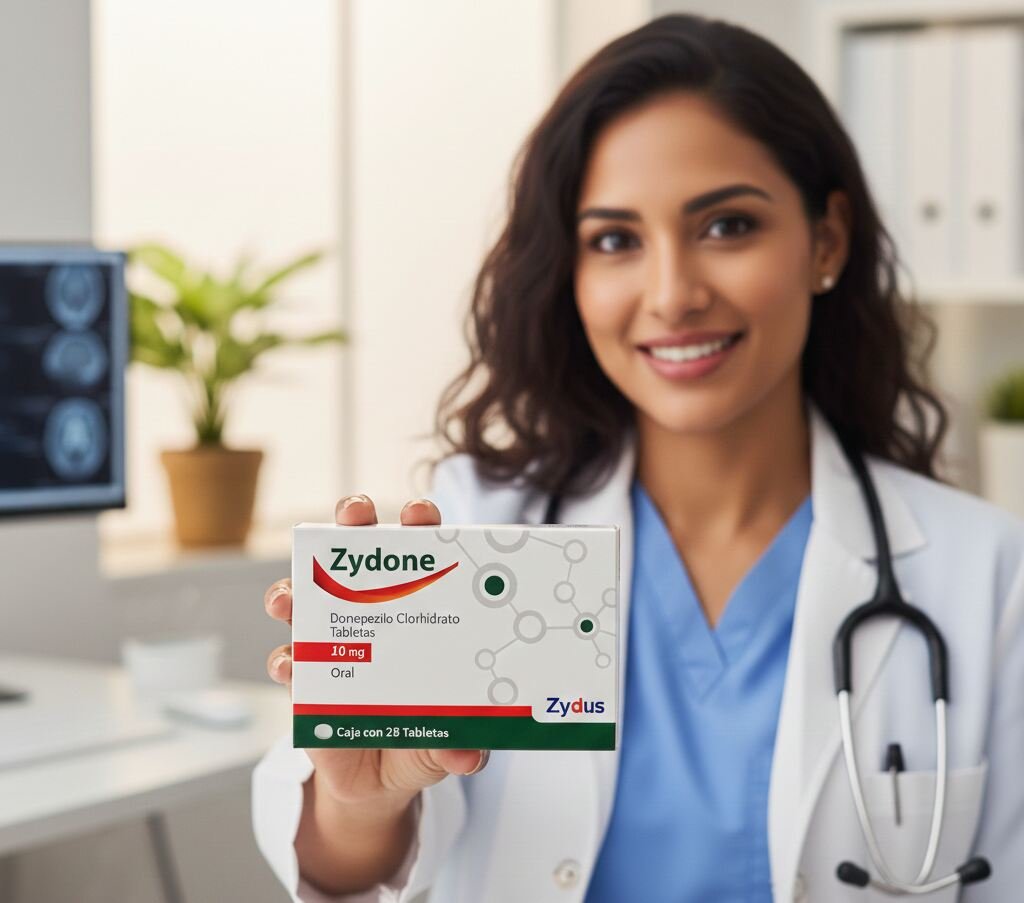Just like any other industry, the technology revolution has taken over healthcare as well. Medical practices are shifting from paper-based methods to electronic ones. Electronic health record (EHR), also known as an electronic medical record (EMR) is a digital version of a patient’s paper chart.
Modern healthcare systems rely on software that generates EHR. In 2025, the rate of healthcare systems adopting EHR is 87%. However, their implementation has been difficult for many companies. EHR systems are complicated because they put medical and administrative units under one roof. Healthcare software testing services ensure EHR systems are working properly.
There are many EHR solutions to choose from, as business scope, workflows, budgets, and expertise vary.
List of EHR Companies for 2025
1. EpicCare EMR
With 40 years of experience, EpicCare develops software with features like patient experience, clinical, mobile, specialties and ancillaries, telehealth, revenue cycle, managed care, population health and community connect. The current software supports over 250 million patient records. The main services encompass:
- Implementation
- Training
- Technical services
- Ongoing services
- Continuous Improvement
2. Allscripts
Allscripts has 30 years of experience in developing healthcare software. They provide EHR, population health, patient engagement, precision medicine, and revenue cycle management services. The software supports more than 20 medical specialties. The software supports sending electronic prescriptions to drugstores, prescription renewal without patient’s check-in at the clinic, patient appointments, and doctor advice to patients. It has the following objectives:
- Offering cloud-enabled digital healthcare
- Providing future of healthcare, now
- Revolutionizing the healthcare via EHR technology
For 20 years, eClinicalWorks has been providing services that include EHR for practices, EHR for hospitals, population health management, patient engagement, revenue cycle management, interoperability, and the cloud. The main solutions include:
- Development of value-based care
- Improved interoperability with PRISMA
- The connected office and interoperability
- Latest health understanding
- Eva E-clinical virtual assistant
- Tele-health
- Revenue cycle management
- ONC Health IT certification
4. Advanced MD
Advanced MD offers services like practice management, EHR software, patient experience, and resources. Their EHR software has features like a smart dashboard, patient cards, customizable templates, electronic prescribing, MACRA and MIPS, iPhone and iPad apps. On this EHR software, physicians can customize health schemes for patients, which sync with automatic reminders for doctors. Patients can access health records, make appointments and refill prescriptions.
- Electronic Prescribing
- MACRA & MIPS
- Smart Dashboard
- Patient Charts
- iPhone & iPad App
- Customizable Templates
5. Athenahealth
Athena Health’s EMR software is a cloud-based software. It has features for making lab orders, viewing lab results and linking results directly to the patient’s chart. The software has voice-recognition technology so doctors can input data verbally. The web portal allows patients to make prescription renewals, get lab test results and other relevant information from the doctor. A messaging feature allows communication between doctors and patients. The main features and services include:
- Allow clinical efficiency
- Enhanced care coordination
- Make documentation extremely efficient
- Maximizing quality performance
- Practice on the go
- Enhanced VBC outcomes
6. CureMD
CureMD provides EHR, practice management, specialty EHR, medical billing services, public health, federal qualified health centers, patient portal, payment tracking, EHR for iPad and iPhone. Client prefer CureMD because:
- Meaningful adoption of stage 3 certification
- Fast track application
- Cloud technology
- Enterprise functionality level
- Usability that is award winning
- Customizable, integrated and interoperable
- MACRA/MIPs Complaint
- Free of cost upgrades
7. Kareo
Kareo is EHR software that allows easy input of notes and prescriptions and patient management. Health professionals can easily create patient profiles listing medications and history of operations. They can search for profiles and update information easily. Kareo offers superbill creation, which automatically reflects a patient’s assessment inputted into their chart. Doctors and patients can interact via a messaging feature. It is preferred because of the following reasons:
- Developed for hospital not for independent practices
- Flexible and friendly
- Committed to the success
8. Cerner
Cerner is being used in over 35 countries. It supports 27,000 healthcare providers. Its EMR software can be used on-site or on the cloud. Cerner EMR has features that enable the inputting of information through text, voice, structure, and code words. Cerner’s auto-texting function additionally makes data entry easy. The software is integrated with pharmacies and labs. It supports patient-doctor communication through a portal.
- Network & Security
- Adoption Coaching
- Consulting Services
- Hosting & Monitoring
- IT Management & Alignment
- Lights On Network
9. Practise Fusion
Practise Fusion supports over 600 labs, pharmacies, imaging centers, and health systems. Its features include charting, scheduling, billing, e-prescribing, lab integration, secure messaging, and so on. It can be integrated with cloud-based billing services and exporting billing workflows electronically to outside billers.
- Automatic updates
- Integrated policy support
- Chart on devices
- Free of cost patient portal
10. Nextgen
NextGen offers services including EHR, revenue cycle management, analytics, clearinghouse, electronic data interchange (EDI), financial services, and many more. NextGen is supporting 155,000 health care professionals.
- Specialty-specific Clinical Content
- Advanced Analytics
- RCM and Clearinghouse
- EHR and Practice Management
- Electronic Data Exchange (EDI)





